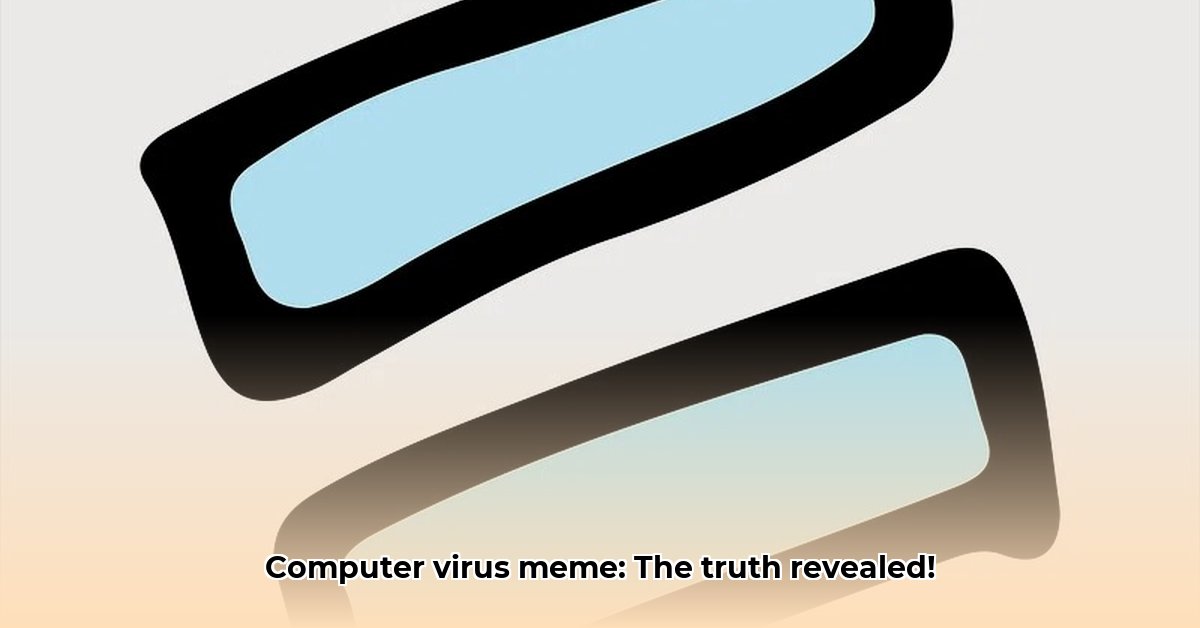
From TikTok to Global Phenomenon: Tracing the Meme's Journey
The meme featuring Baljeet from Phineas and Ferb uttering the phrase, "Hello, your computer has a virus," has become a ubiquitous internet sensation. Its rapid spread across various platforms presents a compelling case study in memetics, highlighting the interplay between humour, recognisability, and the complexities of digital copyright. But how exactly did this seemingly simple meme achieve such widespread popularity? Let's delve into its fascinating evolution.
Initial Spark: TikTok's Viral Crucible
While pinpointing the meme's precise origin remains elusive, its initial surge occurred on TikTok. A short video, likely satirizing prevalent tech support scams, set the stage. The initial iterations were relatively straightforward, utilising the humorous juxtaposition of a seemingly innocuous greeting with the alarming news of a computer virus. But this was just the beginning. The simplicity of the concept, combined with the ever-present relatable frustration with technology, laid the perfect groundwork for its rapid dissemination.
The Phineas and Ferb Remix: A Catalyst for Exponential Growth
The integration of Baljeet from Phineas and Ferb proved to be a pivotal moment. This unexpected juxtaposition amplified the meme's appeal significantly. Baljeet’s character – known for his intelligence – delivered the virus warning with comedic irony. This unexpected pairing resonated with a broader audience due to the cartoon’s widespread recognition, resulting in dramatically increased visibility and memorability. The meme's evolution demonstrates the power of remix culture in viral spread. How else could a simple concept achieve such widespread impact?
Cross-Platform Conquest: A Multi-Platform Viral Storm
The meme's success transcended TikTok. It rapidly spread to YouTube, Reddit, and other social media platforms. This cross-platform success stemmed from several factors: its inherent adaptability, which allowed users to create their own versions; its relatable humour, which resonated with a broad spectrum of internet users; and its inherent shareability, facilitated by its concise and easily replicated format. This is a classic case of successful meme replication via user generated content.
Decoding the Humour: Ironic Juxtaposition and Subverted Stereotypes
The meme's comedic efficacy lies in its ironic juxtaposition. The unexpected pairing of the intelligent Baljeet delivering a cliché tech support scam warning creates a surprising and humorous effect. It cleverly subverts the stereotype of the stereotypical, often foreign, scammer. This unexpectedness, coupled with the easily relatable frustration of technological malfunctions, fuels the meme’s widespread appeal. Why do simple memes sometimes achieve such incredible success?
User-Generated Content: Fueling the Viral Fire
The meme’s trajectory is a testament to the power of user-generated content. Countless individuals contributed to its evolution by creating their own versions, adding their unique style and humorous interpretations. This collaborative aspect underscores the dynamic nature of internet culture, where collective creativity significantly influences meme's lifespan and relevance. Without user participation, the meme would have likely remained a niche phenomenon. Just how significant is the role of user generated content in the success of a meme?
Copyright Quandaries: Navigating the Legal Landscape
The use of copyrighted material, specifically the Phineas and Ferb characters, raises legitimate copyright concerns. Attribution is challenging, and the legal implications of using copyrighted material in meme creation remain a complex issue. Whilst it's unclear if the use of intellectual property constitutes fair use in this case, it highlights the ongoing tension between creative expression and intellectual property rights in the digital realm. Where does the line between fair use and copyright infringement lie in this context?
Conclusion: A Case Study in Viral Success
The "Hello, your computer has a virus" meme offers a compelling case study of viral spread. Its journey from humble TikTok beginnings to widespread internet fame reveals the crucial interplay of simple humour, remix culture, user-generated content, and the ever-evolving dynamics of online communities. It showcases the resilience and ever-changing nature of internet trends and even the legal ambiguities surrounding digital copyright. How will future memes leverage these dynamics?
Pivotal Points:
- The meme's initial success on TikTok provided a foundation for its broader spread.
- The incorporation of Baljeet from Phineas and Ferb significantly amplified its reach and memorability.
- The meme's adaptability and relatable humour ensured its cross-platform success.
(Note: Further research into specific view counts across platforms would require extensive data collection.)